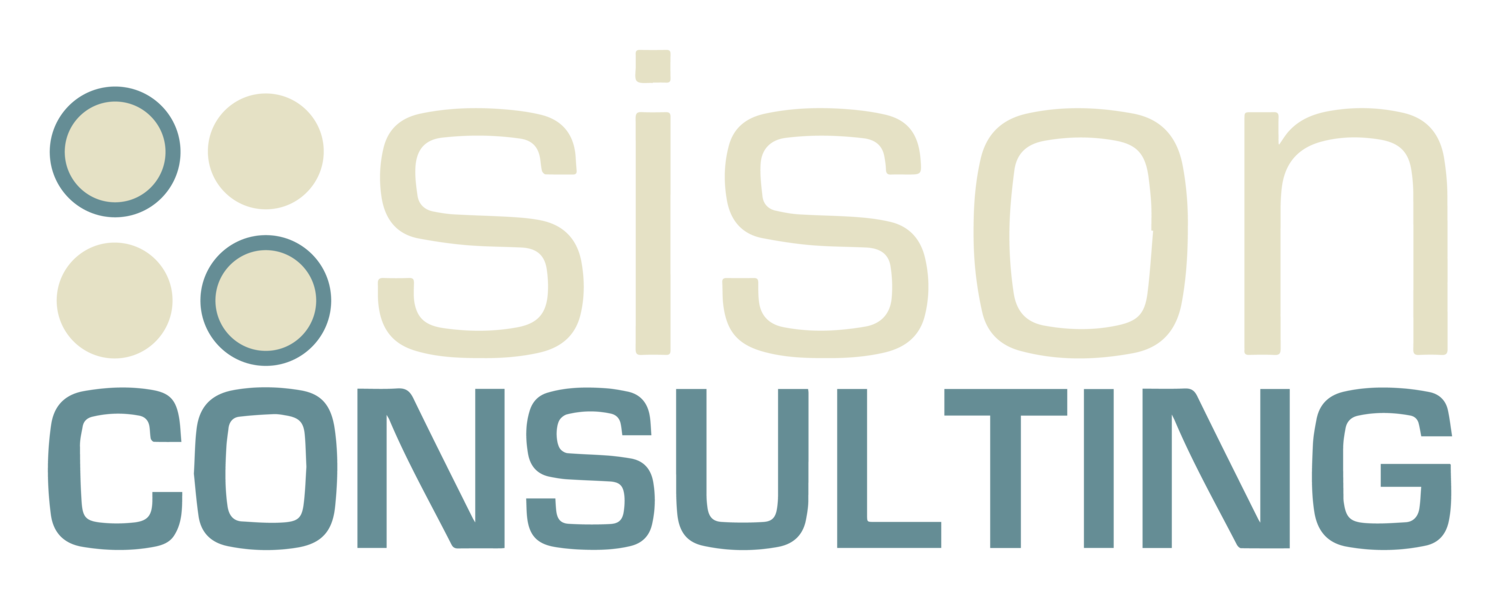5 Communication Habits to Stop Immediately to Improve Business and Personal Relationships
So, it’s critically important to be self-aware of and totally avoid these behaviors that are known to instantly interfere with great communication and interpersonal effectiveness.
1: Avoiding eye contact
Most of you have already learned that the most important aspect of non-verbal communication you can do is to make contact with another human when you speak with them. Eye contact says, “I’m listening to you; what you are saying is important.”
This includes videoconferencing and the importance of looking at the camera while speaking. We used to do better at this. But now our cell phone or smart watch provides an instant excuse to break eye contact. You may think that it’s no big deal, but to the human you are speaking with, it’s like a slap in the face.
People report, “I feel blown off. Why bother continuing.” So don’t fool yourself - when you are looking away, the communication between both of you has ceased.
Key Takeaway: For optimal communication, find the other person’s eyes and make contact.
2: Speaking about yourself in every conversation
Let’s face it. Everyone enjoys talking about their own experiences, but everyone also has a friend like this. They have to follow-up whatever you tell them with a story of their own. If you do this, you may feel that it is just your way of contributing to the conversation.
The problem habit occurs when you do this every time someone tells you a story. Some people also always feel the need to be clever and respond with something that is more interesting, likely a sign of interpersonal insecurity and a need to be one-up in every conversation. If this is one of your habits, try the following change experiment.
Key Takeaway: The very next time someone tells you about their experience, simply say something like, “That’s really interesting – glad you told me that one!” and leave it at that.
3: Speaking first at every interaction
You are a member of a group, but your peer always speaks first in meetings – regardless of the topic. This habit tends to stop the flow of communication and shut-down participation. I also see this habit in coaching when working with high-functioning executives who are naturally assertive and are used to being the leader in the room.
The problem habit is that always speaking first can inhibit input from others and has the undesired effect of limiting inclusivity and thought diversity.
Key Takeaway: Whatever your role in an organization, see if you can, at least part of the time, be the second or third voice to be heard.
4: Interrupting
This can be a hard habit to break for many of us, in both our business and personal communications. We are all anxious to say our piece. But the art of listening and effective communication requires expert timing - the give and take of listening without interruption, and then jumping in at the appropriate time.
This skill is made even more difficult as group size increases. People who interrupt often have trouble timing their communications, or become overly anxious about being heard. The problem is that interruptions once again cut off meaningful communication, and can erode trust between communicator and interrupter.
Key Takeaway: Make every effort to wait for the speaker to finish a sentence before jumping in, and you will see an immediate uptick in your communication effectiveness.
5: Insisting on complete agreement
It is normal to want people to agree with you, but hear this: Humans rarely fully agree with everything said to them. This self-realization is critical when discussing controversial topics, especially during these times of increased polarization in our society.
What does it sound like? “We have to see eye-to-eye on this one” and “You just have to see it like I do!” Actually no, we don’t, and you can’t make us. So, our compulsive need for agreement can really get in the way of real dialogue and coming to real solutions.
Key Takeaway: Avoid this habit and see how it significantly enhances your business and personal communication effectiveness.








